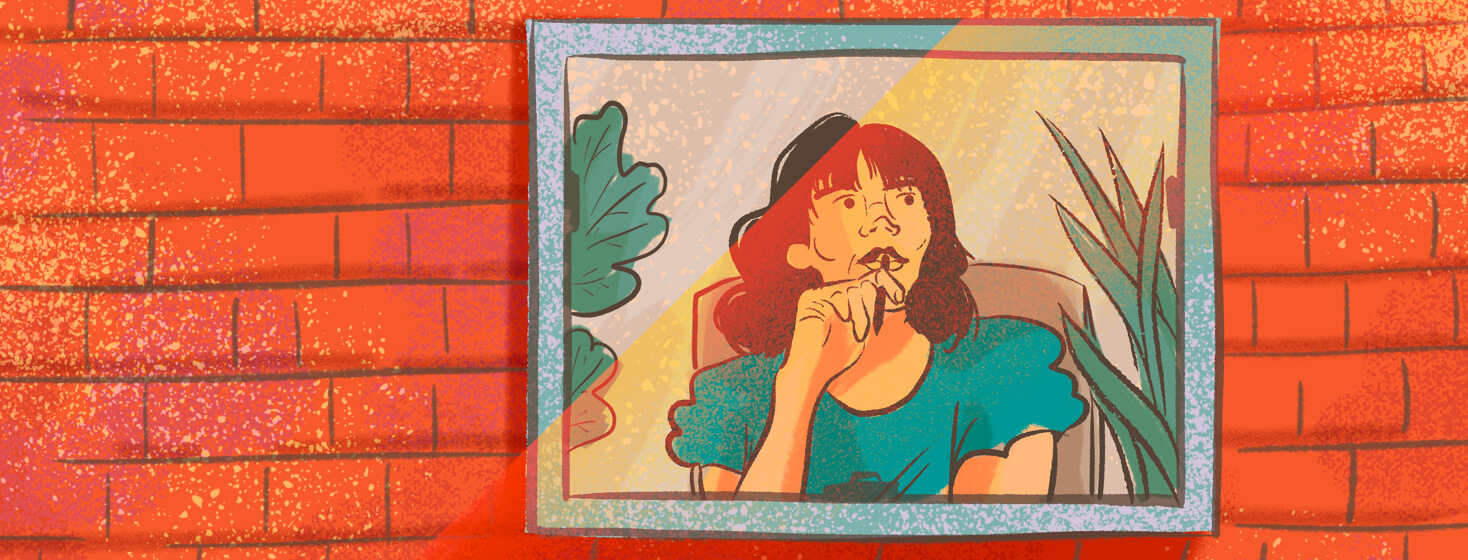Preparing My Advance Directive at 28
I'm sitting in an exam room and the nurse asks me, "Do you happen to have an advance directive or power of attorney?"
Suddenly, a wave of nerves comes over me because I know she's vaguely talking about the document that has something to do with death or making medical decisions for me; but truthfully, I don't really know what an advance directive entails. I just know it's something I should have with CF - or so I'm told.
I'm 28. Am I old enough or sick enough to have to make a plan like an advance directive, I wonder?
Once I took the jump to complete my advance directive, I realized there's a lack of information and understanding when it comes to end-of-life planning, especially among young adults with chronic illnesses.
What is an advance directive?
An advance directive, or advanced care planning (ACP), is a written legal series of documents that states a person's wishes if they were unable to communicate their desires after a medical crisis or at the end-of-life. Each state has its own advance care planning forms and process that needs to be completed to be valid. Generally, an advance directive includes the following:1
- Living will: A document that outlines the type of life-sustaining treatments you desire in situations where you are permanently unconscious or terminally ill and unable to communicate.
- Power of attorney: A person selected by you to make medical decisions if you are unable to communicate your desires.
- Do-not-resucitate order: An order to express a limit to the care received in emergency situations such as cardiac arrest and respiratory arrest.
Why should someone with CF have an advance directive?
A medical crisis can happen at any time to anyone. However as adults with CF are continuing to live healthier and fuller lives, ACP will continue to be an important conversation that needs to occur among CF clinics, patients, and their family members. In research conducted about ACP and CF, about 74% of participants reported talking to family members about their end-of-life wishes.1 However only 11-30% had completed and filed an advance directive document, but worried about living with advanced disease.1,2
In addition, ACP planning often occurred later in the course of disease with CF. Even though a lung transplant or a severe decline with CF might seem like appropriate times to do ACP, the conversation should really happen much sooner and within periods of stability. ACP might be less emotionally taxing to discuss while stable, rather than in a state of emergency.3,4
My reason for ACP
One of the main reasons I decided to complete my ACP was because I had my loved ones in mind. I didn't want my family to have to make hard decisions while they were grieving. Rather, I hoped that ACP would provide a sense of comfort during a difficult time by making my wishes known if I wasn't able to communicate myself. After I completed my ACP, I did indeed feel a sense of relief that my wishes were documented and would be honored. I felt at peace knowing there was a plan in place to help guide my family through what I imagined a very chaotic and sad time.
Dos and don'ts to preparing your advance directive
When I sought out to complete my advance directive, I was caught off guard how unsettling it was to think about the worse case scenarios. It can be an emotional and draining process to complete, but there will be a sense of relief to know your wishes will be honored. Here's a list of dos and donts to keep in mind while completing your ACP.
DOs
- Do begin with a bit of research so you're aware of the terminology used
- Do remember any person at any age, or state of health can complete ACP
- Do take your time thinking through your end-of-life wishes
- Do talk about your decisions with your loved ones
- Do remember you may change your advance directive at anytime
DON'Ts
- Don't prepare your advance directive during an extremely stressful time, if possible
- Don't think ACP is only for the elderly or individuals at the end-of-life
- Don't be worried that bad things will happen if you prepare ACP
- Don't be afraid to seek help from friends, family, or therapist for emotional support
- Don't keep your ACP to yourself--share the document with your loved ones and CF clinic

Join the conversation